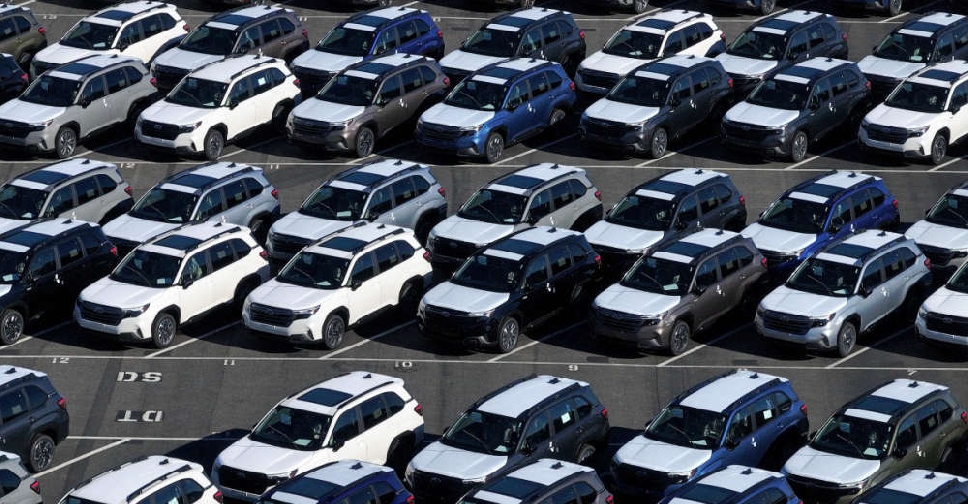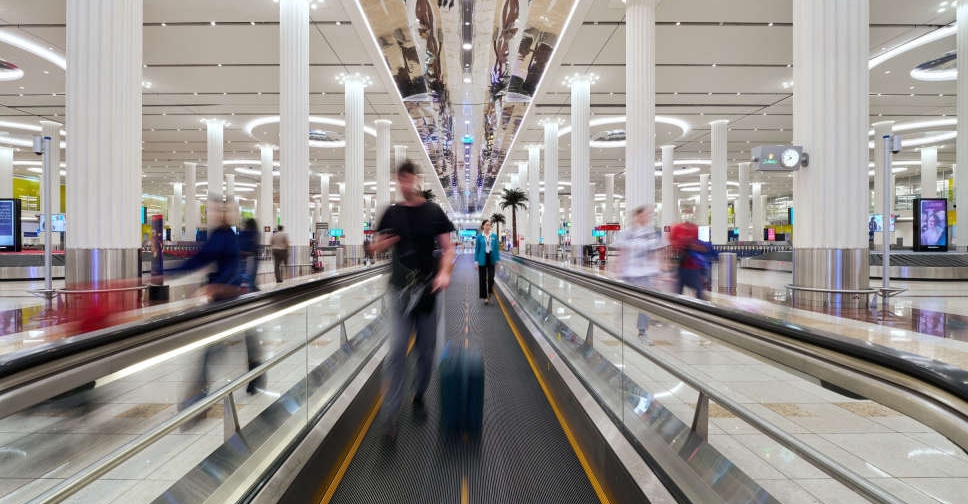
US President Donald Trump was poised to impose sweeping new reciprocal tariffs on global trading partners on Wednesday, upending decades of rules-based trade, threatening cost increases and likely drawing retaliation from all sides.
Details of Trump's "Liberation Day" tariff plans were still being formulated and closely held ahead of a White House Rose Garden announcement ceremony scheduled for 4 p.m. Eastern Time (midnight UAE time)
The new duties are due to take effect immediately after Trump announces them, White House spokesperson Karoline Leavitt said on Tuesday, while a separate 25 per cent global tariff on auto imports will take effect on April 3.
For weeks Trump has said his reciprocal tariff plans are a move to equalise generally lower US tariff rates with those charged by other countries and counteract their non-tariff barriers that disadvantage US exports. But the format of the duties was unclear amid reports that Trump was considering a 20 per cent universal tariff.
A former Trump first-term trade official told Reuters that Trump was more likely to impose comprehensive tariff rates on individual countries at somewhat lower levels.
The former official added that the number of countries facing these duties would likely exceed the approximately 15 countries that Treasury Secretary Scott Bessent had previously said the administration was focused on due to their high trade surpluses with the US.
Bessent told Republican House of Representatives lawmakers on Tuesday that the reciprocal tariffs represent a "cap" of the highest US tariff level that countries will face and could go down if they meet the administration's demands, according to Republican Representative Kevin Hern.
Ryan Majerus, a former Commerce Department official, said that a universal tariff would be easier to implement given a constrained timeline and may generate more revenue, but individual reciprocal tariffs would be more tailored to countries' unfair trade practices.
"Either way, the impacts of today's announcement will be significant across a wide range of industries," said Majerus, a partner at the King and Spalding law firm.
In just over 10 weeks since taking office, the Republican president has already imposed new 20 per cent duties on all imports from China over fentanyl and fully restored 25 per cent duties on steel and aluminum, extending these to nearly $150 billion (AED 550 billion) worth of downstream products.
Growing uncertainty over the duties is eroding investor, consumer and business confidence in ways that could slow activity and drive up prices.
Economists at the Federal Reserve Bank of Atlanta said a recent survey showed corporate financial chiefs expected tariffs to push their prices higher this year while cutting into hiring and growth.
Rattled investors have sold stocks aggressively for more than a month, wiping nearly $5 trillion (AED 18 trillion) off the value of US stocks since mid-February. Wall Street ended mixed on Tuesday with investors stuck in limbo awaiting details of Trump's announcement on Wednesday.

 Dubai sets new rules to regulate petroleum trading
Dubai sets new rules to regulate petroleum trading
 DXB set for a strong year-end travel peak with 10 million guests expected
DXB set for a strong year-end travel peak with 10 million guests expected
 Australian delivery workers set to gain minimum pay in landmark deal
Australian delivery workers set to gain minimum pay in landmark deal
 Dubai Airshow 2025 attracts over AED741.8 billion in deals
Dubai Airshow 2025 attracts over AED741.8 billion in deals
 Sheikh Hamdan, Sheikh Theyab attend EGA’s 50th anniversary celebration
Sheikh Hamdan, Sheikh Theyab attend EGA’s 50th anniversary celebration




